Search Articles
Browse Content (p. 105)
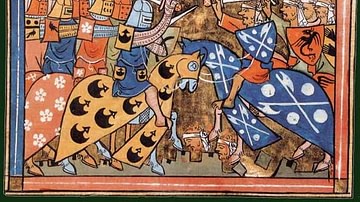
Article
The Armies of the Crusades
The armies of the Crusades (11th-15th centuries CE), which saw Christians and Muslims struggle for control of territories in the Middle East and elsewhere, could involve over 100,000 men on either side who came from all over Europe to form...
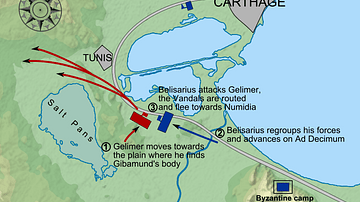
Article
Battle of Ad Decimum
The Battle of Ad Decimum near Carthage, North Africa took place in September 533 CE and was the first major battle of the Vandalic War (533 - 534 CE) between the forces of the Byzantine Empire and the Vandal Kingdom. Leading the Vandals was...

Article
The Hellenistic World: The World of Alexander the Great
The Hellenistic World (from the Greek word Hellas for Greece) is the known world after the conquests of Alexander the Great and corresponds roughly with the Hellenistic Period of ancient Greece, from 323 BCE (Alexander's death) to the annexation...
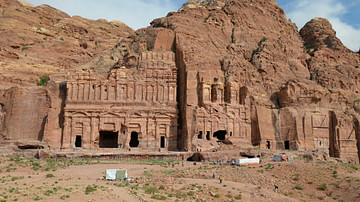
Interview
ArchaeoConcept Interview
ArchaeoConcept is an independent company based in Biel, Switzerland that finds solutions to problems encountered by archaeologists and heritage managers which cannot be answered from within existing structures. Through its integrative projects...

Interview
Interview: UNESCO Archives Digitization Project
Ancient History Encyclopedia has partnered with the UNESCO Archives, which we are very excited about. Our mission aligns very much with UNESCO, wanting to bring about peace and international understanding to the world through cultural heritage...
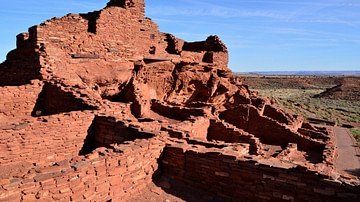
Interview
Interview: The Ancient Southwest
Pre-Columbian civilizations of the Southwestern United States and Northern Mexico include the Hohokam who occupied the US state of Arizona, the Anasazi or Ancestral Pueblo Peoples who resided in the Four Corners Region, and the Mogollon who...
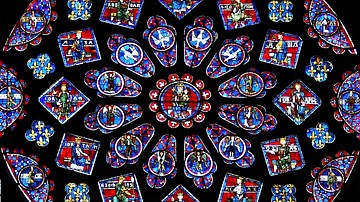
Article
The Stained Glass Windows of Chartres Cathedral
The 167 stained glass windows of Chartres Cathedral, built 1190-1220 CE, are the most complete group surviving anywhere from the Middle Ages. Several windows date to the mid-12th century CE while over 150 survive from the early 13th century...
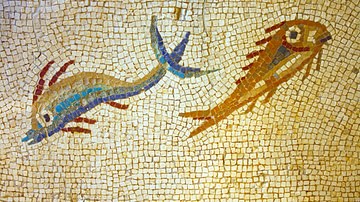
Article
Fish Sauce in the Ancient World
The production and trade of fish sauce in the ancient world was a significant and widespread industry, stretching from Britain to the Black Sea. Roman fish sauce, known as garum, was one of the most popular and commonly used ingredients in...

Interview
Interview: Early Medieval Irish Book Art
Early medieval Irish book art is both beautiful and fascinating. It reflects a flourishing monastic culture which played a key role in the cultural development of Europe from the 6th to 9th centuries. Nowhere is this more clearly illustrated...
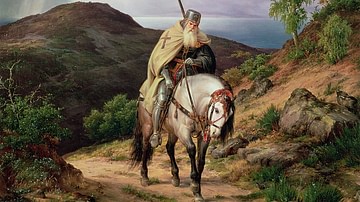
Article
The Crusades: Consequences & Effects
The crusades of the 11th to 15th century CE have become one of the defining events of the Middle Ages in both Europe and the Middle East. The campaigns brought significant consequences wherever they occurred but also pushed changes within...